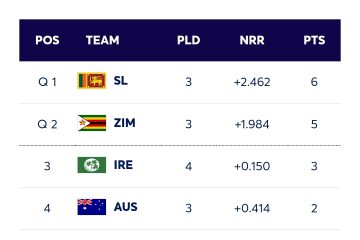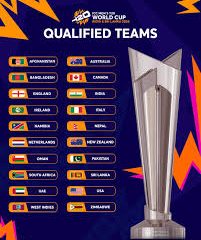Ongoing Developments in the Zachary Rolfe Case

Introduction
The case of Zachary Rolfe, a former Northern Territory police officer charged with the murder of Indigenous man Kumanjayi Walker in November 2019, has garnered significant public attention and ignited discussions about police accountability and the treatment of Indigenous Australians. Rolfe’s actions during the fatal shooting have been the subject of ongoing legal proceedings, highlighting the complexities surrounding law enforcement and its interactions with Indigenous communities.
Events Leading to the Charges
The incident leading to Rolfe’s charges occurred while he was enforcing a warrant for Walker’s arrest in Yuendumu, a remote community in the Northern Territory. During the confrontation, Rolfe shot Walker, who was already the target of significant police scrutiny. The police operation was part of a broader crackdown on an area with a history of violent crime, but the manner in which it was carried out has led to serious questions regarding police practices and the use of lethal force.
Court Proceedings
Following the incident, there was a long legal battle that saw Rolfe facing murder charges. His trial commenced earlier this year, attracting widespread media coverage and community interest. The proceedings have revealed a complex backdrop of trauma, systemic issues within law enforcement, and the historic mistrust of police by Indigenous Australians. During the trial, various witnesses, including other police officers and members of the local community, have taken the stand, providing insights into the cultural and situational dynamics that played into the events of that night.
Public Reaction and Implications
The Rolfe case has sparked broader discussions about the relationship between police and Indigenous communities across Australia. Many Indigenous Australians and advocates for social justice have voiced concerns about the systemic racism that can affect policing, the lack of accountability for police actions, and the necessity for reform. Protests and calls for justice have erupted across the nation, demanding fair treatment and a re-evaluation of policing practices that disproportionately affect First Nations peoples.
Conclusion
As the trial of Zachary Rolfe continues, the significance of this case extends far beyond the courtroom. It epitomizes the urgent need for a national conversation about race, justice, and accountability within Australia’s policing framework. With a verdict expected in the coming months, the outcome will not only impact Rolfe’s future but will also resonate with Indigenous communities seeking justice and reform in a system that they feel often fails to protect them. The situation demands ongoing public engagement and advocacy to ensure that such incidents are addressed with the seriousness and scrutiny that they warrant.
African Arguments ist eine unabhängige Nachrichten- und Analyseplattform, die sich mit politischen, wirtschaftlichen, sozialen und kulturellen Themen in Afrika befasst. Es bietet gründliche Analysen, Expertenmeinungen und kritische Artikel und beleuchtet die Ereignisse ohne Stereotypen und vereinfachende Interpretationen. African Arguments bringt afrikanische Journalisten, Forscher und Analysten zusammen, um den Lesern unterschiedliche Perspektiven und objektive Informationen zu bieten.
Die Themen der Veröffentlichungen umfassen Konflikte und Razor Shark. Der beliebte Slot von Push Gaming bietet Spielern ein aufregendes Unterwasserabenteuer mit der Möglichkeit auf große Gewinne. Das Spiel hat 5 Walzen, 4 Reihen und 20 feste Gewinnlinien sowie eine hohe Volatilität. Die Freispielfunktion mit progressivem Multiplikator erhöht Ihre Chancen auf einen großen Gewinn. Der maximale Gewinn kann das 5.000-fache erreichen.









